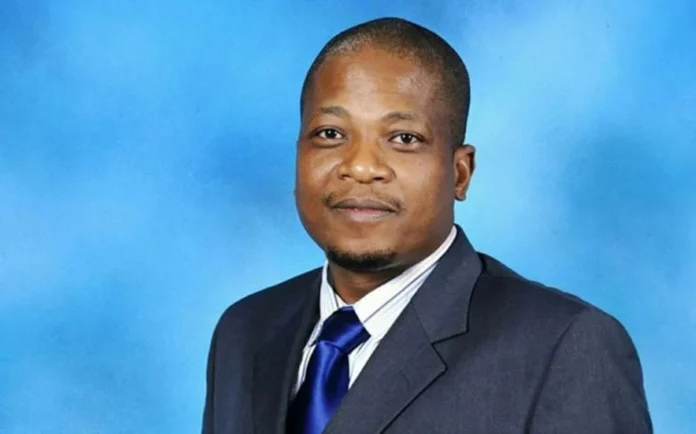Black business is up in arms over its alleged sidelining in the allocation of multimillion-rand contracts for purchasing of equipment for the fight against Covid-19, including ventilators and personal protective equipment (PPEs).
President Cyril Ramaphosa announced this week that R20-billion had been set aside for the Department of Health as part of the R500-billion stimulus package to help the country weather the storm of the global pandemic.
The Solidarity Fund, which Ramaphosa set up to channel funds in the national effort to curb the spread of coronavirus, this week announced that it had raised R2.6-billion in pledges since it was established about a month ago.
Yesterday, Black Business Council CEO Kganki Matabane said they have asked government and Business for South Africa (B4SA) a list of companies that have benefited from government’s procurement of equipment related to the fight against the coronavirus.
B4SA was formed in response to the outbreak of Covid-19. Its members include the BBC and Business Unity South Africa. The organisation has work streams that deal with Covid-19 procurement with funding from government and the Solidarity Fund.
“It is unfortunate that we have to constantly remind people that the constitution of the Republic of South Africa and the Broad Based Black Economic Empowerment Act are not suspended,” Matabane said.
“We have noticed some actions by those who are against economic transformation of trying to sideline black- and women-owned suppliers. We have subsequently raised this matter with people who are responsible for procurement – government, Business for South Africa and the Solidarity Fund.”
Matabane said they were awaiting a report this week from B4SA on the names of companies that scored contracts for Covid-19 procurement.
Last week, it emerged government had centralised the procurement of PPEs in the office of the chief procurement officer Estelle Setan to save money amid price-gouging and a volatile rand. Setan’s office has appointed Tshwane-based Imperial Health Sciences (IHS) as the agent to help with the implementation of the system.
IHS is a business unit of logistics giant Imperial South Africa. The non-executive directors of the multinational company include Phumzile Langeni, Graham Dempster and Peter Cooper. Langeni is one of Ramaphosa’s investment envoys.
Langeni confirmed Imperial was a lead logistics provider for B4SA. “Imperial also uses other logistics companies both locally and internationally. Business for South Africa, identifies the suppliers with the approval done by a B4SA panel of seven persons. Acting as a logistics agent, Imperial generates the purchase order and places it in line with the order approval made by the panel,” she said.
“What’s concerning for me is the racism behind the whole fight,” said a businessman who asked for anonymity. “The black poor are fighting for food parcels in the townships while our government sits by idly while white business benefits billions from a fund created by the president. As black business, we must wait, like children, to be allowed in so we can participate. It’s grossly unfair. You go check the facts, you will find that many of us are made to wait for too long to be vetted before we can have a small piece of the billions. It’s unfair and we need this matter investigated,” he said.
Stavros Nicolaou, who heads B4SA’s public health work group, said B4SA procured PPEs “from global suppliers”. “It does this in collaboration with all members, including the BBC and in partnership with the National Department of Health and National Treasury.”
On local sourcing, Nicolaou said the PPE procurement portal had already received 4 500 potential suppliers, and the “procurement team has onboarded almost 50% of these in the last nine days”. He could not provide a racial breakdown immediately, promising to be transparent in the days ahead.
“As we build up the country’s stock, we will continue to turn our focus from global sourcing to procuring from local SMEs and empowered companies. The procurement system is geared towards prioritising BBBEE- accredited companies. Supporting local procurement, in the mid and long term, is key to not only supporting local producers and suppliers, but also to sustain local jobs,” he added.
Setan, who asked to be sent questions in writing, had not responded to questions by the time of going to press.
Solidary Fund’s Paul Bondi, who leads fundraising, said this week that about 21-million masks, as well as hundreds of sanitisers and gloves, had been purchased. “The fund has provided for another 400 000 test-kits and procurement of over 200 ventilators ….There is also focus on the local manufacturing of masks, gloves and gowns but also of ventilators, ” he said.



